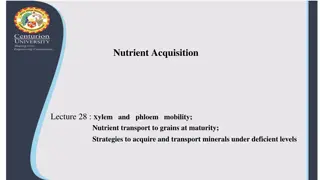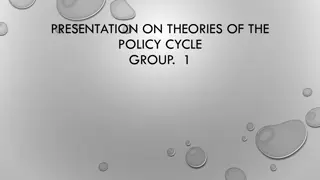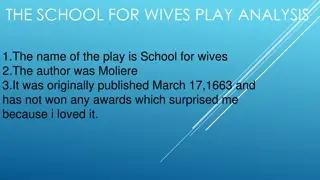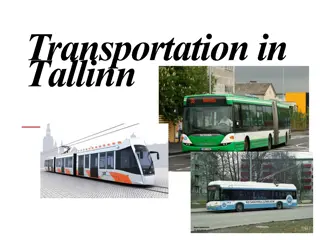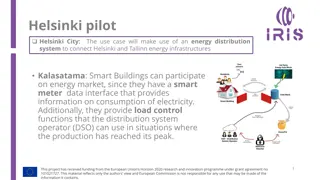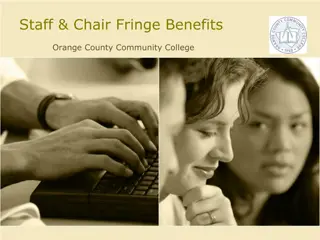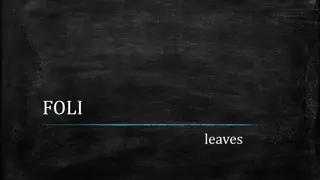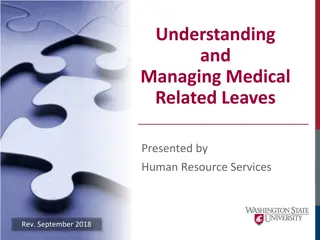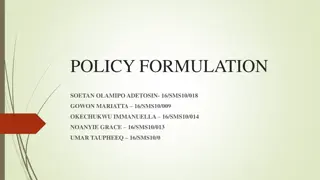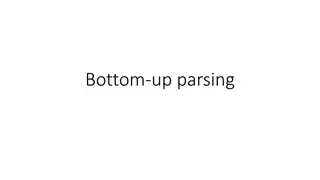
Insights into European Family Policy Developments
Explore the evolution of European family policies through a diverse range of perspectives, from the challenges faced to innovative approaches taken. Delve into the political, economic, and societal dynamics shaping family welfare at the EU level.
Download Presentation

Please find below an Image/Link to download the presentation.
The content on the website is provided AS IS for your information and personal use only. It may not be sold, licensed, or shared on other websites without obtaining consent from the author. If you encounter any issues during the download, it is possible that the publisher has removed the file from their server.
You are allowed to download the files provided on this website for personal or commercial use, subject to the condition that they are used lawfully. All files are the property of their respective owners.
The content on the website is provided AS IS for your information and personal use only. It may not be sold, licensed, or shared on other websites without obtaining consent from the author.
E N D
Presentation Transcript
+ Policy learning: the helicopter view Agnes Uhereczky Tallinn, 19thSeptember 2014
+Categorisation of regions/countries
+Seeing in a different light The notion of pressure in a field, which is not EU competence Not wanting to be on the bottom of the list One-way transfer (was Sweden interested in learning something from Germany?) Reciprocity Mutual learning Best practices (don t seem to work) Childcare only mention costs, any cost-benefit analyses done? Social investment paradigm? Why not reinvent the wheel? Political ambition voters? Economy? Very individual national contexts!
+Some more questions: Role of the European Parliament, MEPs, Council, Perm Reps? Family ministers women versus men (gender element) Lobby/pressure groups (conservative vs. lefty/green/women) Were there structured dialogue events, citizens consultations or stakeholder consultations? The needs of families and the need for families to plan ahead (university studies, jobs, grandparents, moving)
+More points Hungary Austria case of inspiration for the GYED Extra , but not for extending the childcare coverage, especially U3 Poland: new system inspired by Sweden UK and France shared parental leave (very different reactions and reasons for opposing) Why Sweden, and not Finland or the Netherlands? Leading us towards a more and more uniform system? (Labour market mobility needs to become family mobility)
+EU level parallel developments 2007 German Presidency: Alliance for European Families DG EMPL Unit D4 Demography Belgian Presidency 2010 Child poverty recommendation FP7 strong family policy priority (Family Platform, now Families and Societies) 2011 Hungarian and Polish Presidencies strong focus on family 2012 new Director and Director General at DG EMPL: dismantling unit D4, Defamilialisation of family policy (Mary Daly), re-creation of EPIC, focus on investing in children Social Investment package long-term care as much attention!

